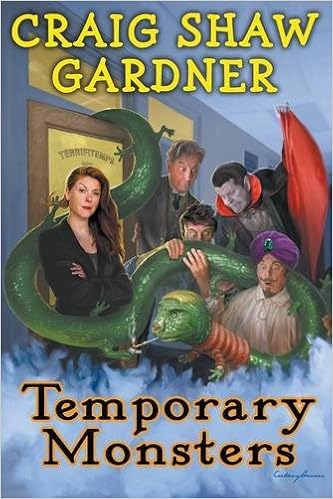One of my post-election vows was to read A Theory of Justice by John Rawls. I just wanted to commend myself on my good work in completing this task. It only took me five months! I have to say that it wasn’t easy. The book is 514 pages worth of dense, arid political philosophy that I am ill-equipped to judge. And yet…
I keep thinking about Rawls’s concept of the veil of ignorance:
Imagine that you have set for yourself the task of developing a totally new social contract for today’s society. How could you do so fairly? Although you could never actually eliminate all of your personal biases and prejudices, you would need to take steps at least to minimize them. Rawls suggests that you imagine yourself in an original position behind a veil of ignorance. Behind this veil, you know nothing of yourself and your natural abilities, or your position in society. You know nothing of your sex, race, nationality, or individual tastes. Behind such a veil of ignorance all individuals are simply specified as rational, free, and morally equal beings. You do know that in the “real world”, however, there will be a wide variety in the natural distribution of natural assets and abilities, and that there will be differences of sex, race, and culture that will distinguish groups of people from each other.
Isn’t that the way we should think about all social policy? Imagine that you don’t know if you’re white or black, rich or poor, male or female, healthy or sick, talented or mediocre, a Muslim or a Catholic or an atheist. How would you think about immigration policy, about health care, about taxes? The veil of ignorance doesn’t give you answers, but it encourages you to ask the right questions.




 Why is the world here? Why is there something instead of nothing? We’ve talked about this
Why is the world here? Why is there something instead of nothing? We’ve talked about this